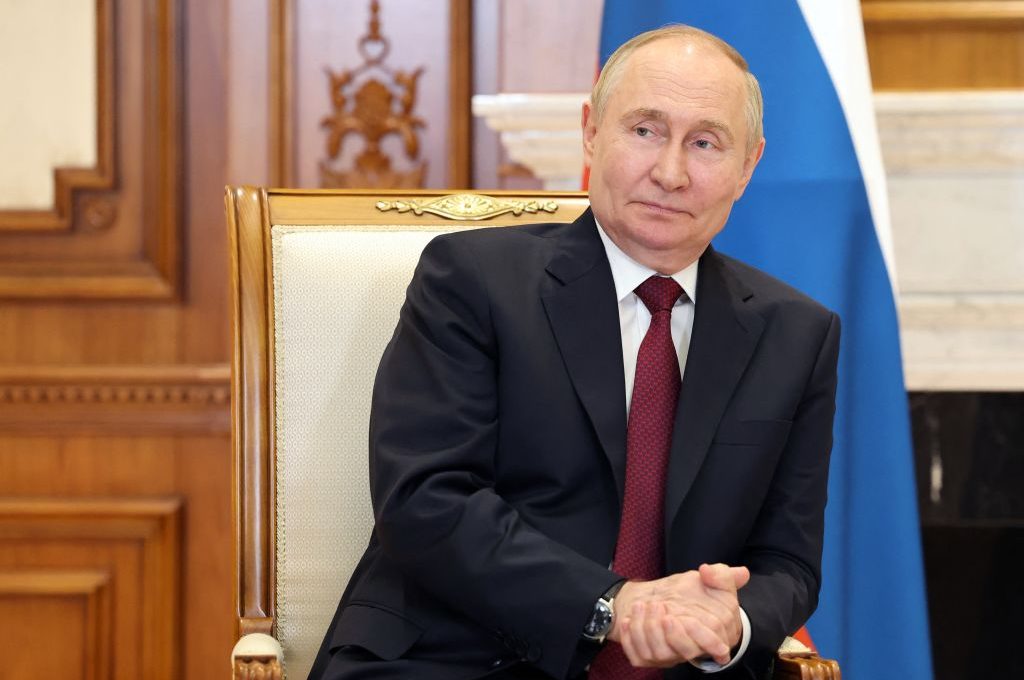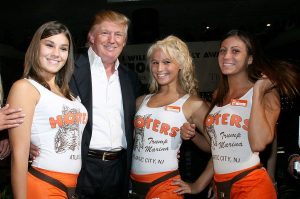Vladivostok, the “ruler of the East,” is preparing to celebrate the 165th anniversary of its founding. City Day, as they call it in the capital of Russia’s Far East, will see week-long celebrations, including sailing regattas, street performances and an enormous firework display. The naval base, home to Russia’s Pacific Fleet, usually gets in on the act too, commemorating the arrival on July 2, 1860 of the first military vessel to seize control from its Chinese inhabitants. Many of those inhabitants stayed in the Far East, at least at first, though mass deportations to China increased after the Soviets seized power in 1917 – an egregious example of ethnic cleansing, well before that term came into more common usage, by Russian rulers who treated the Chinese with contempt.
The Chinese border is now some 45 kilometers down the road, and beyond that Russia’s celebrations strike a raw nerve among nationalists who play an increasingly large role in the Chinese Communist Party (CCP) and who dream of restoring the borders of Qing Dynasty China. For them, Vladivostok will always be Haishenwai, its original Chinese name. That translates as Sea Cucumber Bay, so named because of its abundance of these slug-like creatures, a delicacy in China.
The Russian seizure of Sea Cucumber Bay, 18 years after China ceded Hong Kong to Britain, was only one part of Tsarist Russia’s plundering of land from the crumbling Qing Dynasty. Under a series of 19th century treaties – Aigun (1858), Peking (1860) and Tarbagatai (1864) – China ceded 1.5 million square kilometers to Russia, including a vast tract of territory north of the Amur River and in the Far East bordering the Sea of Japan. That represented more than a tenth of Chinese land at the time.
The CCP makes a big thing of China’s “century of humiliation” at the hands of rapacious foreigners who forced “unequal treaties” on Beijing, and presents itself as a redemptive power, restoring China’s place in the world. Yet Russia was by far the most rapacious of them all. In theory at least, the border dispute is settled, but in the nationalist mindset, the loss of territory to Russia ranks alongside the ceding of Hong Kong as a cause of grievance. Chinese school textbooks still show the area, as well as large swathes of central Asia, as being part of historic Chinese lands, with Russia identified as one of the offenders who inflicted “humiliation” on China.
Two years ago the CCP decreed that all Chinese maps should show the Chinese names for Vladivostok and seven other far-eastern cities. Maps are important for the CCP and each year it publishers a “standard map,” updated to include Beijing’s ever-extending and increasingly spurious territorial claims – from the Himalayas to the South China Sea. Neighbors see it as a sinister measure of Beijing’s imperialist threat, but to the party it is a sacred document, a badge of legitimacy, encapsulating its historic grievances and its growing ambition. It must be faithfully reproduced in school textbooks and in government and corporate handouts and plastered to the walls of workplaces and classrooms.
Xi Jinping and Vladimir Putin have similar world views. Putin has his Russkiy Mir (Russian World), his imperial ambition to restore control over areas of historic Russian influence, and used to justify the Ukrainian war. Xi has his China Dream, a similarly imperialist endeavor, with Taiwan as its most immediate target. Yet for all the talk of “without limits” partnership, these are clashing imperialisms – the small detail of 1.5m square kilometers of Qing land and of course Sea Cucumber Bay.
These historic animosities, the decades long freeze in relations prior to the collapse of the Soviet Union, punctuated by military clashes in the 1960s along their 4,300-kilometer-long border, encourages those in the Trump administration who believe that Russia can be somehow “peeled away” from China. “Having to do whatever China says they need to do because of their dependence on them – I don’t think that’s a good outcome for Russia,” said Secretary of State Marco Rubio in an interview with Breitbart News.
Others close to Trump have described his grand geopolitical aim in cozying up to Putin as trying to pull off a “reverse Nixon,” sacrificing Ukraine in a bid to drive a wedge between China and Russia in the same manner that President Richard Nixon’s famous 1972 trip to China was aimed at undermining the Soviet Union and creating distance between Beijing and Moscow.
This is almost certainly delusional, and the blow to American credibility would be costly in multiple other ways. The Soviet Union and China at the time of the Nixon visit had no relations, with the Sino-Soviet split still in full force; their border was heavily fortified, and the two communist giants loathed each other. Today’s relations between China and Russia is a marriage of convenience, and Russia is the junior partner. There is fear in Russia that Beijing will someday transform its economic dominance into political control, and the Russian Far East, where the population is continuing to shrink, will simply be subsumed by a voracious China. But for the moment their interests are too closely aligned. They increasingly define their relationship in terms of opposition to Western democracies – and to the US in particular. China is keeping Russia’s economy afloat, underwriting its aggression, and Beijing is mostly getting what it needs from Russia without having to further modify that standard map. It can afford to ignore the fireworks in Haishenwai. At least for the moment.


























Leave a Reply